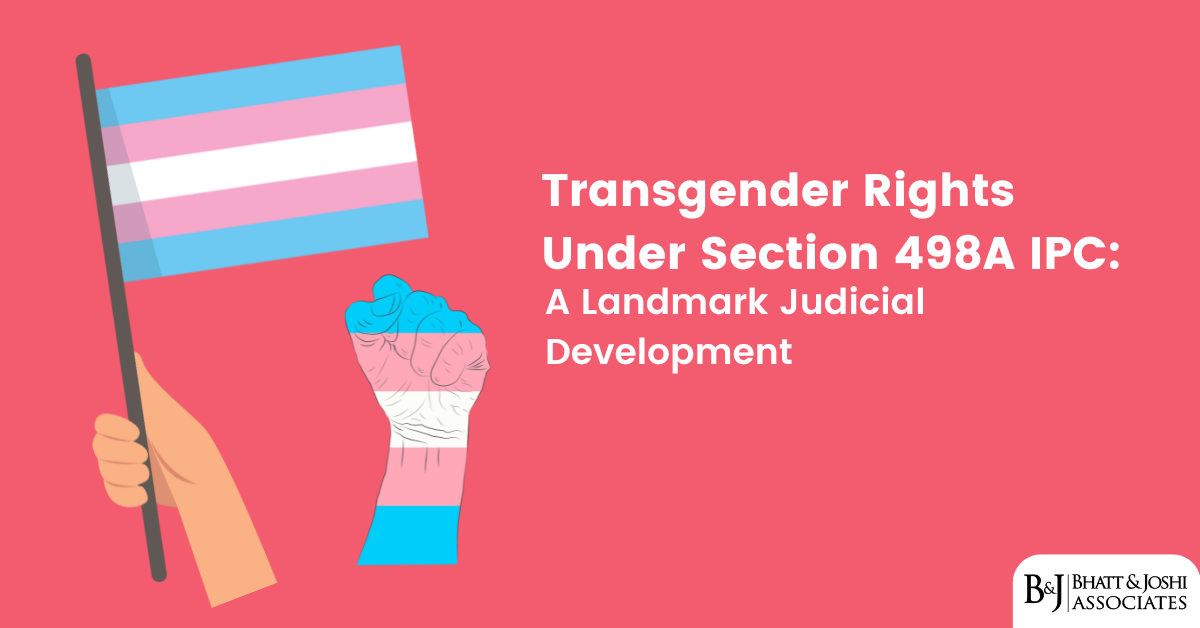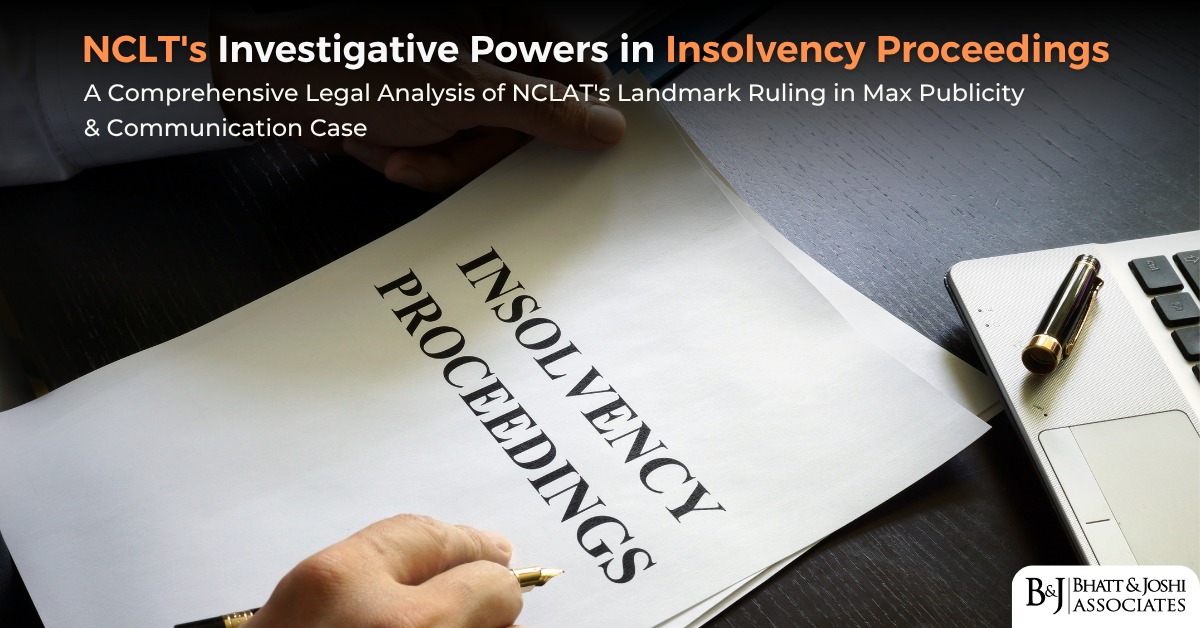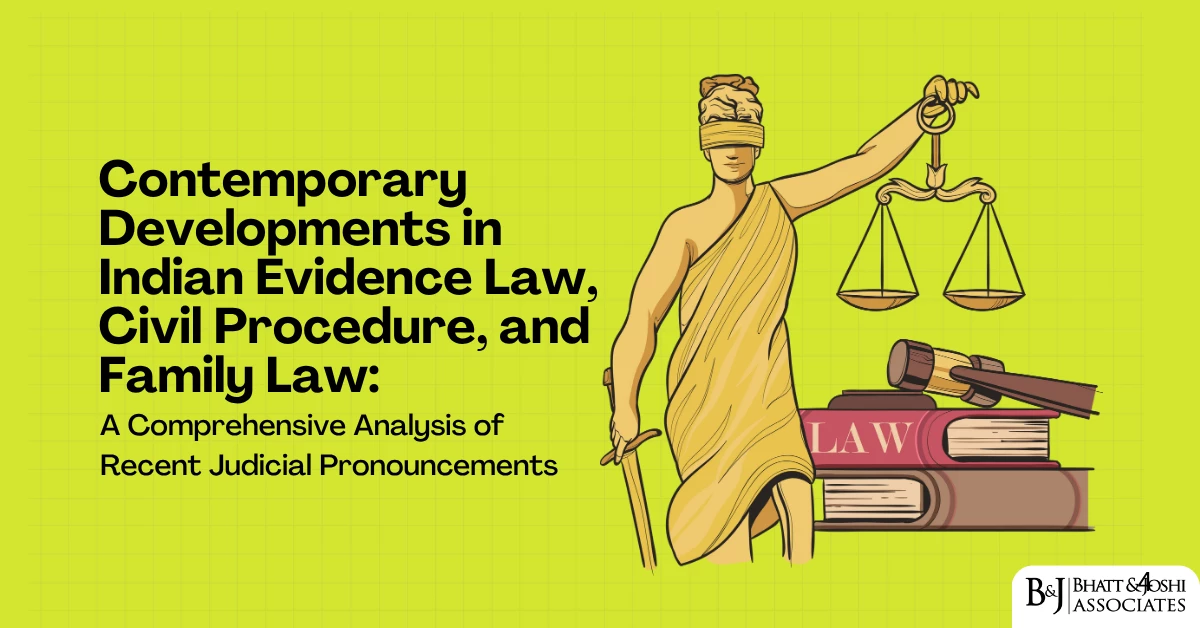Customs House Agents (CHA) play an essential role in facilitating the smooth clearance of goods through the customs process in India. In this article, we will discuss the role of a Customs House Agent and the prevailing Indian laws that govern their operations.
Who is a Customs House Agent?
A Customs House Agent is a person or an organization authorized by the Indian Customs Department to act as a representative of an importer or exporter in customs-related matters. The role of a CHA is to facilitate the clearance of goods through customs by completing various formalities, documentation, and other legal procedures required by the Customs Department. A CHA acts as a liaison between the importer/exporter and the Customs Department and assists in complying with the legal requirements for customs clearance.
The Customs House Agent Regulations, 2018 defines the CHA under Section 2 (d) as follows:
“Customs Broker ” means a person licensed under these regulations to act as an agent on behalf of the importer or an exporter for purposes of transaction of any business relating to the entry or departure of conveyances or the import or export of goods at any Customs Station including audit”
Registration of Customs House Agent
The Customs House Agent Regulations, 2018, govern the registration of CHAs in India. As per the regulations, any person who wants to act as a Customs House Agent must obtain a license from the Customs Department. The license is valid for five years and can be renewed thereafter. The applicant has to provide various details, including their financial standing, previous experience, and a security deposit, to obtain the license.
Roles and responsibilities of a Customs House Agent
The primary responsibility of a CHA is to ensure that the goods are cleared through customs without any delays or hassles. A CHA performs the following tasks:
- Documentation: A CHA is responsible for preparing and submitting all the necessary documents required for customs clearance, such as bills of entry, shipping bills, and other related documents.
- Liaising with customs officials: A CHA acts as a liaison between the importer/exporter and the customs officials. They communicate with customs officials to ensure that all formalities are completed correctly.
- Payment of duty: A CHA is responsible for the payment of import/export duty on behalf of the importer/exporter. They also ensure that all taxes and levies are correctly calculated and paid.
- Examination of goods: A CHA is responsible for arranging the examination of the goods by customs officials and ensuring that the examination is carried out efficiently.
- Transport of goods: A CHA arranges for the transport of goods from the customs warehouse to the importer/exporter’s premises.

That Section 146 of the Customs Act 1962 clearly mandates the compulsory license for doing any action or acting as a Customs House Agent which is as follows:
- Customs house agents to be licensed.—
1. No person shall carry on business as an agent relating to the entry or departure of a conveyance or the import or export of goods at any customs station unless such person holds a licence granted in this behalf in accordance with the regulations.2. The Board may make regulations for the purpose of carrying out the provisions of this section and, in particular, such regulation may provide for—a.the authority by which a licence may be granted under this section and the period of validity of any such licence;
b.the form of the licence and the fee payable therefor;
c.the qualifications of persons who may apply for a licence and the qualifications of persons to be employed by a licensee to assist him in his work as an agent;
d.the restrictions and conditions (including the furnishing of security by the licensee) subject to which a licence may be granted;
e.the circumstances in which a licence may be suspended or revoked; and
f. the appeals, if any, against an order of suspension or revocation of a licence, and the period within which such appeals shall be filed.
That the Customs Brokers Licensing Regulations, 2018 is passed vide Notification No. 41/2018-Customs (N.T.) dated 14th May, 2018 amended by Notification No. 08/2019-Customs (N.T.) dated 06.02.2019 and in the exercise of the powers conferred by sub-section (2) of section 146 of the Customs Act, 1962 (52 of 1962), and in supersession of the Customs Brokers Licensing Regulations, 2013, published vide number G.S.R. 395 (E), dated the 21st June, 2013, except as respect things done or omitted to be done before such supersession, the Central Board of Indirect Taxes and Customs has enacted the same to curb the menace.
That Regulation 3 of the Customs Brokers Licensing Regulations, 2018, clearly mandates as follows:
3. Customs Brokers to be licensed.—
No person shall carry on business as a Customs Broker relating to the entry or departure of a conveyance or the import or export of goods including work relating to audit at any Customs Station unless such person holds a license granted under these regulations: Provided that no license under these regulations shall be required by-
a. an importer or exporter transacting any business at a Customs Station solely on his own account;
b. any employee of any person or a firm transacting business generally on behalf of such person or firm, and holding an identity card or a temporary pass issued by the Deputy Commissioner of Customs or Assistant Commissioner of Customs, as the case may be; and
c. an agent employed for one or more vessels or aircrafts in order solely to enter or clear such vessels or aircrafts for work incidental to his employment as such agent.
It is also pertinent to note that Regulation 10 of the Customs Brokers Licensing Regulations, 2018, clearly mentions the duties and obligations of Customs Brokers which are as follows:
47. Obligations of Customs Broker.—
A Customs Broker shall —
a. obtain an authorisation from each of the companies, firms or individuals by whom he is for the time being employed as a Customs Broker and produce such authorisation whenever required by the Deputy Commissioner of Customs or Assistant Commissioner of Customs, as the case may be;
b. transact business in the Customs Station either personally or through an authorized employee duly approved by the Deputy Commissioner of Customs or Assistant Commissioner of Customs, as the case may be;
c. not represent a client in any matter to which the Customs Broker, as a former employee of the Central Board of Indirect taxes and Customs gave personal consideration, or as to the facts of which he gained knowledge, while in Government service;
d. advise his client to comply with the provisions of the Act, other allied Acts and the rules and regulations thereof, and in case of non-compliance, shall bring the matter to the notice of the Deputy Commissioner of Customs or Assistant Commissioner of Customs, as the case may be;
e. exercise due diligence to ascertain the correctness of any information which he imparts to a client with reference to any work related to clearance of cargo or baggage;
f. not withhold information contained in any order, instruction or public notice relating to clearance of cargo or baggage issued by the Customs authorities, as the case may be, from a client who is entitled to such information;
g. promptly pay over to the Government, when due, sums received for payment of any duty, tax or other debt or obligations owing to the Government and promptly account to his client for funds received for him from the Government or received from him in excess of Governmental or other charges payable in respect of cargo or baggage on behalf of the client;
h. not procure or attempt to procure directly or indirectly, information from the Government records or other Government sources of any kind to which access is not granted by the proper officer;
i. not attempt to influence the conduct of any official of the Customs Station in any matter pending before such official or his subordinates by the use of threat, false accusation, duress or the offer of any special inducement or promise of advantage or by the bestowing of any gift or favour or other thing of value;
j. not refuse access to, conceal, remove or destroy the whole or any part of any book, paper or other record, relating to his transactions as a Customs Broker which is sought or may be sought by the Principal Commissioner of Customs or Commissioner of Customs, as the case may be;
k. maintain up to date records such as bill of entry, shipping bill, transhipment application, etc., all correspondence, other papers relating to his business as Customs Broker and accounts including financial transactions in an orderly and itemised manner as may be specified by the Principal Commissioner of Customs or Commissioner of Customs or the Deputy Commissioner of Customs or Assistant Commissioner of Customs, as the case may be;
l. immediately report the loss of license granted to him to the Principal Commissioner of Customs or Commissioner of Customs, as the case may be;
m. discharge his duties as a Customs Broker with utmost speed and efficiency and without any delay;
n. verify correctness of Importer Exporter Code (IEC) number, Goods and Services Tax Identification Number (GSTIN),identity of his client and functioning of his client at the declared address by using reliable, independent, authentic documents, data or information;
o. inform any change of postal address, telephone number, e-mail etc. to the Deputy Commissioner of Customs or Assistant Commissioner of Customs, as the case may be, of all Customs Stations including the concerned Deputy Commissioner or Assistant Commissioner of the Commissionerate who has granted the license immediately within two days;
p. maintain all records and accounts that are required to be maintained under these regulations and preserve for at least five years and all such records and accounts shall be made available at any time for the inspection of officers authorised for this purpose; and
q. co-operate with the Customs authorities and shall join investigations promptly in the event of an inquiry against them or their employees.
That Regulation 14 of the Customs Brokers Licensing Regulations, 2018, clearly mentions the penalties which are as follows:
14.Revocation of license or imposition of penalty—
The Principal Commissioner or Commissioner of Customs may, subject to the provisions of regulation 17, revoke the license of a Customs Broker and order for forfeiture of part or whole of security, on any of the following grounds, namely:—
a. failure to comply with any of the conditions of the bond executed by him under regulation 8;
b. failure to comply with any of the provisions of these regulations, within his jurisdiction or anywhere else;
c. commits any misconduct, whether within his jurisdiction or anywhere else which in the opinion of the Principal Commissioner or Commissioner of Customs renders him unfit to transact any business in the Customs Station;
d. adjudicated as an insolvent;
e. of unsound mind; and
f. convicted by a competent court for an offense involving moral turpitude or otherwise.
That in Noble Agency v. Commissioner of Customs, Mumbai [2002 (142) E.L.T. 84 (Tri. – Mumbai) wherein a Division Bench of the CEGAT, West Zonal Bench, Mumbai has observed as follows:
“The CHA occupies a very important position in the Custom House. The Customs procedures are complicated. The importers have to deal with a multiplicity of agencies viz. carriers, custodians like BPT as well as the Customs. The importer would find it impossible to clear his goods through these agencies without wasting valuable energy and time. The CHA is supposed to safeguard the interests of both the importers and the Customs. A lot of trust is kept in CHA by the importers/exporters as well as by the Government Agencies. To ensure appropriate discharge of such trust, the relevant regulations are framed. Regulation 14 of the CHA Licensing Regulations lists out obligations of the CHA. Any contravention of such obligations even without intent would be sufficient to invite upon the CHA the punishment listed in the Regulations.”
That in V. Prabhakaran Vs CC Chennai – 2019 (365) ELT 877 (Mad.) Hon’ble jurisdictional High Court held that misuse of CHA license by lending it to unscrupulous persons for facilitating smuggling activities has to be viewed seriously. The penalty imposed in that case was upheld by the Hon’ble High Court, which is as follows:
47. Here in the case on hand because of the attitude on the part of the appellant in lending his CHA license to a third party for usage without knowing the actual importer and the goods to be imported, is a serious issue and for the said purpose, since the appellant was admittedly get only Rs.1,000/- for each consignment, the appellant has not only misused the CHA license but also very recklessly and carelessly lend it to some unscrupulous perons for facilitating smuggling activities and therefore such act on the part of the appellant shall be viewed seriously.
That in R.S. Arunachalam Vs Commissioner of Customs (CESTAT Chennai) was pleased to hold that CHA liable for a penalty for allowing misuse of license by lending it to unscrupulous persons and the same has happened in the present case, and it was held as follows:
19. The licence issued to the Customs House Agent under conditions not to commit any grave offence. If action under the Regulations not sufficient for the grave offence, the Customs House Agent is liable also to be proceeded under the Customs Act. There is no legal impediment to proceed against the Customs House Agent under the Customs Act besides action under the Regulations.”
22. After appreciating the facts and evidence placed before me, I am of the view that the decision of the jurisdictional High Court in the case of Shri Rama Thenna Thayalan (supra) is squarely applicable to the facts of this case. I do not find any merit in the appeals of the appellant. The impugned orders do not call for interference. The same are upheld. The appeals are dismissed.
Conclusion
In conclusion, Customs House Agents (CHA) are important intermediaries in the smooth clearance of goods through the customs process in India. Their primary responsibility is to facilitate the clearance of goods through customs by completing various formalities, documentation, and other legal procedures required by the Customs Department. The Customs House Agent Regulations, 2018 govern the registration of CHAs in India, and they must obtain a license from the Customs Department to act as a representative of an importer or exporter in customs-related matters. CHAs must ensure that goods are cleared through customs without any delays or hassles, including documentation, liaising with customs officials, payment of duty, examination of goods, and transportation of goods. The regulations ensure that CHAs have the qualifications, restrictions, and conditions to carry out their duties, and they also lay out the circumstances in which a license may be suspended or revoked. Overall, CH As are essential to ensure that goods are efficiently and legally cleared through customs in India.
Author: Adv.Sneh R. Purohit.













